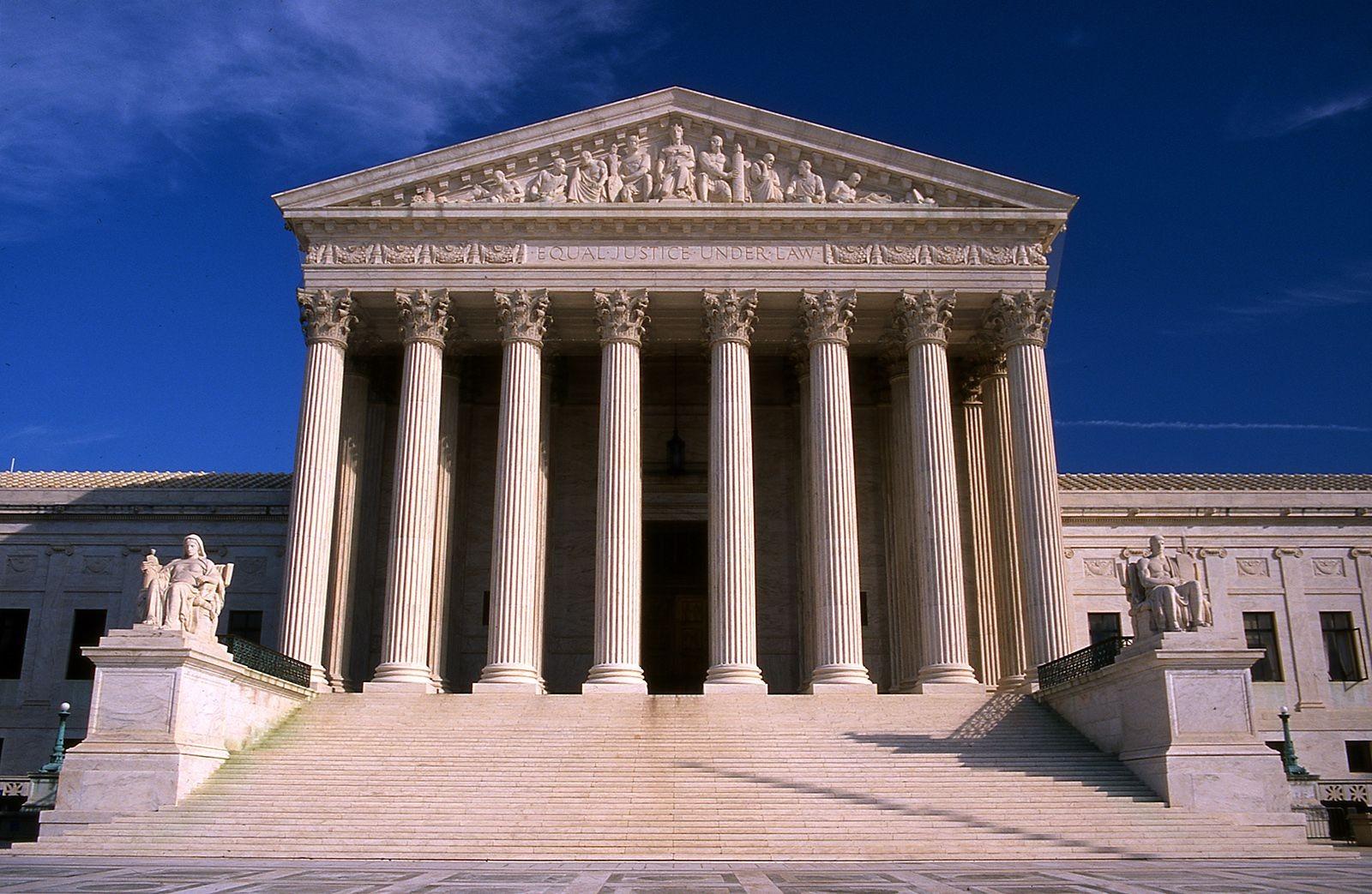One of the most divisive social debates of our time could soon be coming to a close, at least from a legal standpoint. The U.S. Supreme Court will rule on the legalization of same-sex marriage in June, according to an announcement made Friday. But as thousands of same-sex marriage supporters rejoice across the country, some say Republicans have a different reason to rejoice as their social views will no longer be the spotlight of their political campaigns.
The official Republican Party national platform advocates preserving and protecting “traditional” marriage, or marriage only between a man and a woman, and historically, Republican politicians and lawmakers have fought against full legalization. But with said legalization seemingly right around the corner, Republicans have found themselves in a place where their social policies may no longer play a role in the country’s laws. Some Republicans may see this as a potential escape from the “anti-gay rights” label their party sometimes receives, allowing them to skirt around the issue and say that it’s been settled, therefore eliminating it from their platform in an effort to avoid controversy.
It’s true that the removal of same-sex marriage from the political battlefield does have its benefits. In a country where thousands of people give their vote to the candidate who stands up for the social reform they want to see, voters may finally dig deeper into the other issues surrounding the candidate’s platform.
Ultimately, however, political opinions run deeper than Supreme Court decisions or federal laws. The ruling may legally put people at ease, but the fight for equal rights will continue beyond the legalization of same-sex marriage.
Despite Roe v. Wade, the 1973 Supreme Court case that protected a woman’s right to have an abortion, the social issue has remained on the forefront of many political debates, defining many candidates and their political parties. Pro-life activist networks have been formed to overturn the Supreme Court’s decision through a constitutional amendment or reappointment of jurors.
And this kind of mass movement is only a small piece of the public’s views at large. Gallup polls show that public support for abortion rights remains around 50 percent, which is about where it was when Roe v. Wade was decided 40 years ago. Support for same-sex marriage reaches 60 percent in some polls. The support for the latter social issue may be growing, but it is by no means unanimous. A Supreme Court decision to legalize same-sex marriage wouldn’t take the issue off the table; it would just force Republican candidates in the 2016 presidential election and beyond to confront it in a different way.
Take Mike Huckabee, the former Republican governor of Arkansas and a presidential candidate in the 2008 Republican primaries. Huckabee and others are challenging the Republicans who would honor a decision they disagree with, simply because it’s a Supreme Court ruling. Speaking to like-minded individuals last year, Huckabee renounced the power of the Supreme Court as the be-all, end-all of lawmaking, The New York Times reported.
“They are only the Supreme Court, not the supreme branch of government,” he said. “They are most certainly not the Supreme Being, from which all law ultimately emanates.”
For those passionately for or against same-sex marriage, this decision won’t stop the debate on gay rights, largely because same-sex marriage is not the only LGBT issue important to voters today. Voters will continue to care about the social policies of the candidate they are putting their vote under, even if the legalization of same-sex marriage is a moot point by the 2016 presidential election.
Some look at the Supreme Court decision coming in June as the end of a long-fought battle for some and a way to close the door on the issue for others. But the legalization of same-sex marriage is not the end of the debate for equal rights. It’s only the launching pad for other equal-rights platforms, and without conversations about the social issues voters feel most passionate about, social reform can never happen.






















































































































